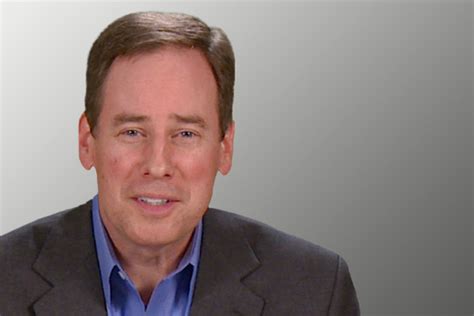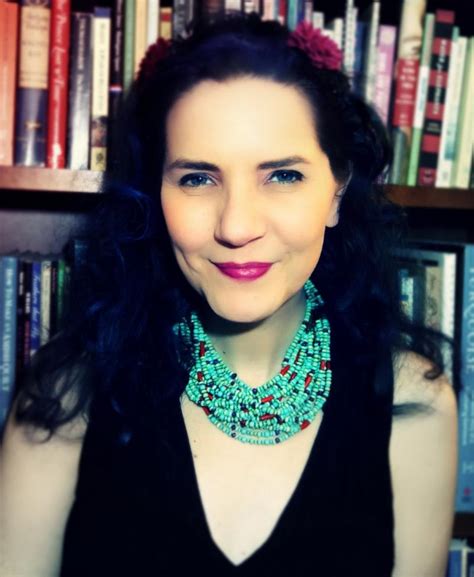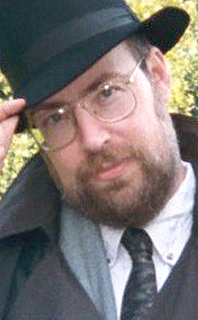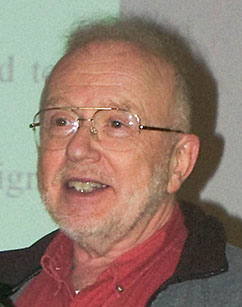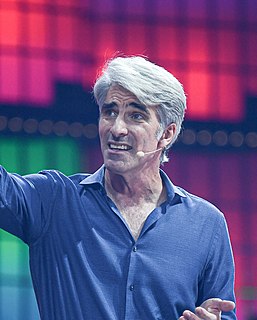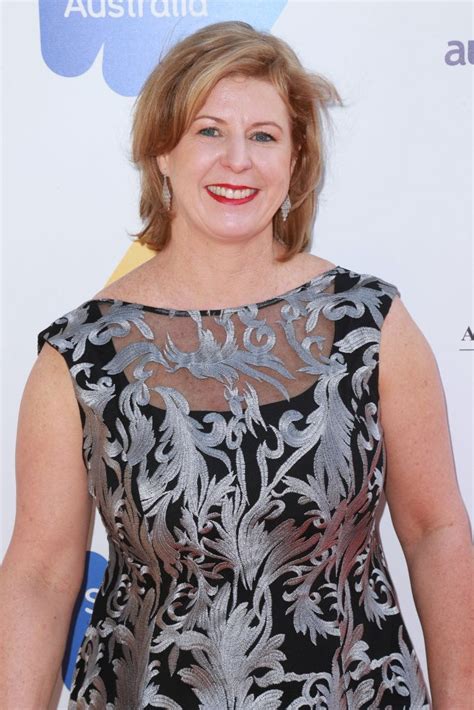Top 1200 Editing Software Quotes & Sayings - Page 3
Explore popular Editing Software quotes.
Last updated on April 15, 2025.
Testing by itself does not improve software quality. Test results are an indicator of quality, but in and of themselves, they don't improve it. Trying to improve software quality by increasing the amount of testing is like trying to lose weight by weighing yourself more often. What you eat before you step onto the scale determines how much you will weigh, and the software development techniques you use determine how many errors testing will find. If you want to lose weight, don't buy a new scale; change your diet. If you want to improve your software, don't test more; develop better.
Teaching and editing have helped me enormously, and brought wonderful people into my life. When I see an author I'm editing struggling to bring a flash of an idea to the page, or notice a student's hands shaking as they read something they wrote out loud for the first time, it keeps things in perspective. How vulnerable we all are. How hard it can be to open the door.
Accountants, machinists, medical technicians, even software writers that write the software for "machines" are being displaced without upscaled replacement jobs. Retrain, rehire into higher paying and value-added jobs? That may be the political myth of the modern era. There aren't enough of those jobs.
I grew up loving watching movies, and at a certain point, I started to become fascinated with making movies. Then I went to film school, and I got to dabble with different aspects of moviemaking, and I ended up settling heavily into editing - editing was what I was really adept at, had a passion for.
In the emerging, highly programmed landscape ahead, you will either create the software or you will be the software. It's really that simple: Program, or be programmed. Choose the former, and you gain access to the control panel of civilization. Choose the latter, and it could be the last real choice you get to make.
Every decision a person makes stems from the person's values and goals. People can have many different goals and values; fame, profit, love, survival, fun, and freedom, are just some of the goals that a good person might have. When the goal is to help others as well as oneself, we call that idealism. My work on free software is motivated by an idealistic goal: spreading freedom and cooperation. I want to encourage free software to spread, replacing proprietary software that forbids cooperation, and thus make our society better.
I was shocked when I looked at art schools in France. There's only one left that does anatomy. Now they do video. They do editing. I would go to film school if I wanted to do video and editing. In art school, it's only new mediums. It's three-dimensional or computer. I found that shocking. No nudes.
Accountants, machinists, medical technicians, even software writers that write the software for 'machines' are being displaced without upscaled replacement jobs. Retrain, rehire into higher paying and value-added jobs? That may be the political myth of the modern era. There aren't enough of those jobs.
What would the world be like if you had to develop a power yourself before you could use it? Just as a silly example: How would the comment section on YouTube change if, to use it, you had to have the schooling necessary to have a basic understanding of how computers and the internet work? More seriously, would anyone smart enough to know how to design and build a tank, or a laser guided anti-aircraft missile, or a computer and video editing software be stupid enough to join ISIS? In fact, if such knowledge was required—would it even be possible for there to be standing armies?
...One of the most important lessons, perhaps, is the fact that SOFTWARE IS HARD. From now on I shall have significantly greater respect for every successful software tool that I encounter. During the past decade I was surprised to learn that the writing of programs for TeX and Metafont proved to be much more difficult than all the other things I had done (like proving theorems or writing books). The creation of good software demand a significiantly higher standard of accuracy than those other things do, and it requires a longer attention span than other intellectual tasks.
There is no one "root of all evil" in software development. Design is hard in many ways. People tend to underestimate the intellectual and practical difficulties involved in building a significant system involving software. It is not and will not be reduced to a simple mechanical "assembly line" process. Creativity, engineering principles, and evolutionary change are needed to create a satisfactory large system.
To treat programming scientifically, it must be possible to specify the required properties of programs precisely. Formality is certainly not an end in itself. The importance of formal specifications must ultimately rest in their utility -in whether or not they are used to improve the quality of software or to reduce the cost of producing and maintaining software.
Sometimes the most difficult thing you can do as an editor is not make a single note - the idea that everything and everyone needs editing is, in reality, a fiction. I've gotten pieces where I thought, Well, I could do this or that, or change this word, but in the end, I leave it. Changing something is not necessarily equivalent to making the piece more true to itself, which is the point of editing: it's just changing it because you feel you can or should or must.
Ever since 'Strange Heaven,' I haven't really reread my old work. Not so much because I don't like the writer I was, or because I find flaws in the writing, but more because I get so burnt out on a novel once I've finished writing, revising, editing and copy editing it that I genuinely never want to look at it again after it's gone to press.
The required techniques of effective reasoning are pretty formal, but as long as programming is done by people that don't master them, the software crisis will remain with us and will be considered an incurable disease. And you know what incurable diseases do: they invite the quacks and charlatans in, who in this case take the form of Software Engineering gurus.
When someone builds a bridge, he uses engineers who have been certified as knowing what they are doing. Yet when someone builds you a software program, he has no similar certification, even though your safety may be just as dependent upon that software working as it is upon the bridge supporting your weight.
The business models in enterprise have changed pretty dramatically. A huge problem with enterprise software traditionally has been usually you sell to the customer and then they adopt the technology. The great thing about 'freemium' and the new way enterprise software is being sold is you get to try it first and then buy it.
One of the big changes at the heart of Web 2.0 is the shift from the creation of software artifacts, which is what the PC revolution was about, to the creation of software services. These are services that ultimately, if they are successful, will require competencies of operation, of scale, and the like.
Oracle is my second job ever that did not involve waitressing. But I still have my waitress apron just in case this does not work out. It's just that I fell in love with software when I was programming in college. When I was an investment banker, there were mostly mainframe companies and very few software ones.
Every time I sit down to write, I need to commit to a word count goal, otherwise I waste too much time editing and re-editing my previous work, staring dreamily off into space, pretending that I'm thinking profound, poetic thoughts when really I'm just thinking, 'Look at me being a writer! I'm so happy I'm a writer!'
[ Digital revolution ] only has allowed me to work faster, editing digitally, which I'm doing right now, a film on volcanoes. I can edit almost as fast as I'm thinking, editing with celluloid means always searching for this little reel of film, and number it, and scribble on it with some sort of pens, and gluing it together, and working on a flatbed. It's much, much slower.
Microsoft Research has a thing called the Sense Cam that, as you walk around, it's taking photos all the time. And the software will filter and find the ones that are interesting without having to think, 'Let's get out the camera and get that shot.' You just have that, and software helps you pick what you want.


